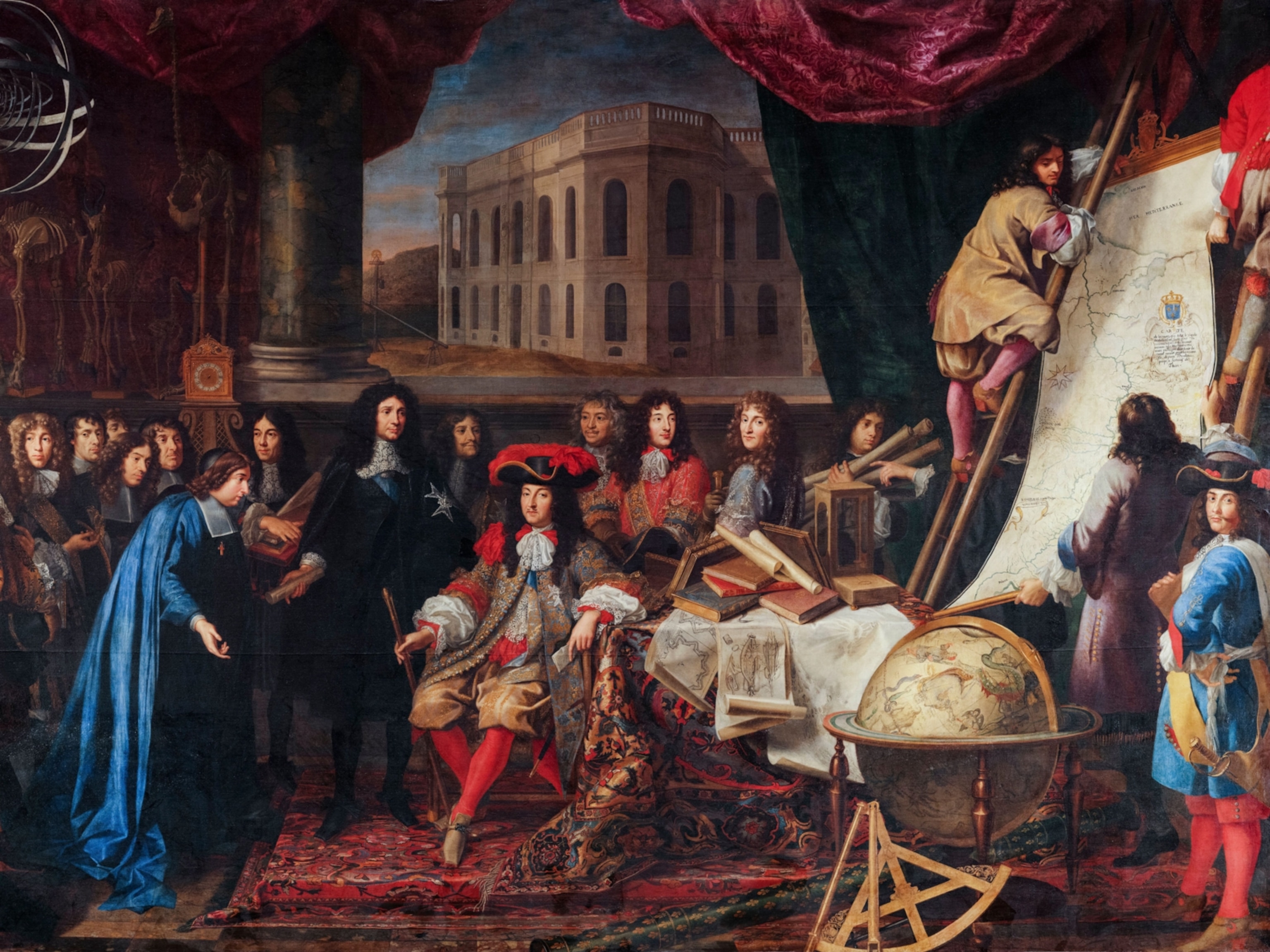Christopher Columbus
Christopher Columbus's 1492 expedition changed the course of history, but controversy surrounds his life.
Christopher Columbus was a 15th and 16th century explorer credited for connecting the Old World (Europe, Africa, and Asia) and the New World (North America and South America).
Born in Genoa, Italy, in 1451, Columbus made his way to Spain, where he gained support from the Spanish monarchy. He persuaded King Ferdinand II and Queen Isabella I to sponsor his quest to find a westward route to China, India, and Japan—lands then known as the Indies.
The monarchy considered Columbus’s expedition as an opportunity to expand Spain’s trading network into the Indies’ lucrative economy. Proponents of the Catholic Church, the monarchy also hoped the voyage would help spread Christianity into the East.
In August 1492, Columbus’s expedition set sail with three ships: the Niña, Pinta, and Santa María. After more than two months of sailing across the Atlantic Ocean, the fleet spotted what would eventually be known as the Bahamas on October 12, 1492. The fleet also came across other Caribbean islands on this expedition, including modern-day Cuba and Haiti, which Columbus believed were the Indies. While it has been commonly said that Columbus discovered the Americas, that is not accurate. Even before he set sail from Spain, thousands of people were already living on these lands for centuries. There is also the saga of Leif Eriksson's voyage to Vinland—the mysterious spot on which he landed in North America. The exact location of Vinland is debated among scholars, but it is generally agreed it was somewhere along the northern Atlantic coast.
Columbus may not have discovered the Americas, but it was his arrival—and subsquent three additional voyages over the next twelve years—that shephereded in an era of exploration and colonization of North and South America.
While this opened up economic and political opportunities for European powers, the colonization of the New World led to the exploitation of its indigenous peoples, often violently and eventually with disastrous results for many cultures. Columbus’s participation in such brutality eventually led to his arrest and caused him to lose favor with the Spanish monarchy. Columbus Day is a national holiday in the United States, but due to inhumane actions taken by the European powers who came in waves to the Americas, several states have replaced the holiday with Indigenous People's Day to honor the original inhabitants of these lands.
Columbus also continued to believe that he had found a route to Asia, despite the increasing evidence that proved otherwise—a denial that would severely tarnish his reputation. While Columbus obtained great wealth from his expeditions, he became an outcast and died of age-related causes on May 20, 1506 in Valladolid, Spain.
Related Topics
You May Also Like
Go Further
Animals
- How can we protect grizzlies from their biggest threat—trains?How can we protect grizzlies from their biggest threat—trains?
- This ‘saber-toothed’ salmon wasn’t quite what we thoughtThis ‘saber-toothed’ salmon wasn’t quite what we thought
- Why this rhino-zebra friendship makes perfect senseWhy this rhino-zebra friendship makes perfect sense
- When did bioluminescence evolve? It’s older than we thought.When did bioluminescence evolve? It’s older than we thought.
- Soy, skim … spider. Are any of these technically milk?Soy, skim … spider. Are any of these technically milk?
Environment
- Are the Great Lakes the key to solving America’s emissions conundrum?Are the Great Lakes the key to solving America’s emissions conundrum?
- The world’s historic sites face climate change. Can Petra lead the way?The world’s historic sites face climate change. Can Petra lead the way?
- This pristine piece of the Amazon shows nature’s resilienceThis pristine piece of the Amazon shows nature’s resilience
- Listen to 30 years of climate change transformed into haunting musicListen to 30 years of climate change transformed into haunting music
History & Culture
- Meet the original members of the tortured poets departmentMeet the original members of the tortured poets department
- Séances at the White House? Why these first ladies turned to the occultSéances at the White House? Why these first ladies turned to the occult
- Gambling is everywhere now. When is that a problem?Gambling is everywhere now. When is that a problem?
- Beauty is pain—at least it was in 17th-century SpainBeauty is pain—at least it was in 17th-century Spain
Science
- Here's how astronomers found one of the rarest phenomenons in spaceHere's how astronomers found one of the rarest phenomenons in space
- Not an extrovert or introvert? There’s a word for that.Not an extrovert or introvert? There’s a word for that.
- NASA has a plan to clean up space junk—but is going green enough?NASA has a plan to clean up space junk—but is going green enough?
- Soy, skim … spider. Are any of these technically milk?Soy, skim … spider. Are any of these technically milk?
Travel
- This tomb diver was among the first to swim beneath a pyraamidThis tomb diver was among the first to swim beneath a pyraamid
- Dina Macki on Omani cuisine and Zanzibari flavoursDina Macki on Omani cuisine and Zanzibari flavours
- How to see Mexico's Baja California beyond the beachesHow to see Mexico's Baja California beyond the beaches
- Could Mexico's Chepe Express be the ultimate slow rail adventure?Could Mexico's Chepe Express be the ultimate slow rail adventure?




